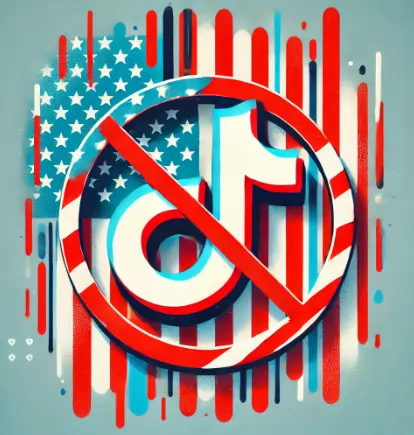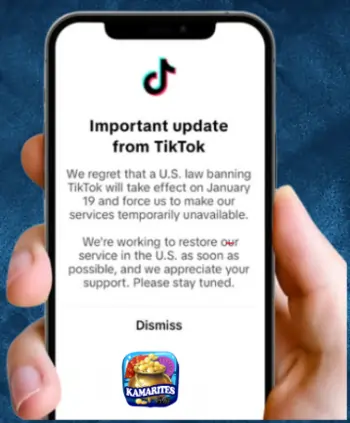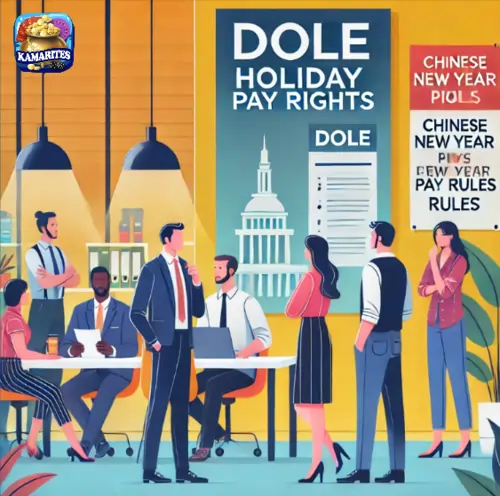
The Hidden Drama Behind TikTok’s Ban in the US: A Battle of Privacy, Power, and Politics
The story of TikTok‘s ban in the United States is more than just a geopolitical squabble—it’s a riveting drama where technology, national security, and human behavior collide.
Let’s unpack this saga to reveal the true motivations, key players, and what this means for the future of tech regulation.
The Rise of TikTok: From Fun App to Security Threat
TikTok didn’t start as a controversy magnet. Its entertaining, bite-sized videos captured the hearts of over 150 million American users. But behind the viral dances and memes lies its parent company, ByteDance—a Chinese tech giant raising eyebrows for its data practices.
Critics argue that the app’s collection of user data could feed straight into the hands of the Chinese government under its sweeping cybersecurity laws.
The United States Strikes Back
The US government viewed TikTok as more than just a trendy app. It became a symbol of growing distrust toward China’s tech sector.
Officials worried about:
- Data Privacy: Could TikTok’s algorithms track sensitive user behaviors?
- National Security: Would TikTok serve as a backdoor for espionage?
- Influence Operations: How could it shape public opinion in the US?
Presidents from both sides of the aisle—Trump and Biden—targeted TikTok, illustrating bipartisan concern. Agencies like the Committee on Foreign Investment in the US (CFIUS) led the charge, demanding transparency and structural changes.

Corporate Chessboard: The Role of Oracle and Microsoft
To ease tensions, ByteDance proposed partnerships with US companies. Oracle emerged as the front-runner to manage TikTok’s American data.
Microsoft also threw its hat in the ring, and even retail giant Walmart joined the conversation. These negotiations revealed the complex dance between business interests and political strategy.
Courtrooms and Conflict
TikTok’s ban didn’t unfold without resistance. Legal experts and advocacy groups argued that banning the app infringes on First Amendment rights.
Courts temporarily blocked the ban, exposing cracks in the government’s strategy and raising questions about freedom in the digital age.
The Public’s Voice: Creators and Consumers Fight Back
TikTok’s American users—especially creators and influencers—weren’t silent. They argued that banning the app would destroy livelihoods and limit creative expression.
With millions of users flooding social media to protest, TikTok became more than an app—it became a movement.
A Global Perspective
This debate isn’t just confined to the US. India banned TikTok outright in 2020, citing national security. Meanwhile, Europe tightened its data regulations, pushing companies to adopt stricter compliance.
The US approach could set a global precedent, forcing nations to rethink their relationships with foreign-owned tech platforms.
Lessons Learned and the Road Ahead
TikTok’s fate in the US isn’t just about privacy—it’s a blueprint for how governments and companies will handle tech in the future. This case highlights:
- The need for robust data privacy laws.
- Balancing innovation with national security.
- Listening to public voices while addressing geopolitical concerns.
The TikTok ban debate underscores one critical truth: the digital world isn’t just about technology—it’s about trust, ethics, and the balance of power.
Conclusion: What It Means for You
Whether you’re a creator, a casual user, or a concerned citizen, TikTok’s story offers lessons for everyone. It reminds us that in the world of tech, power dynamics are constantly shifting.
What happens with TikTok in the US could reshape how we view social media, privacy, and global competition.
Disclaimer
This content is for informational purposes only and reflects the latest insights at the time of writing. Readers should verify details independently and use this as a guide, not definitive advice. (Kamarites)








